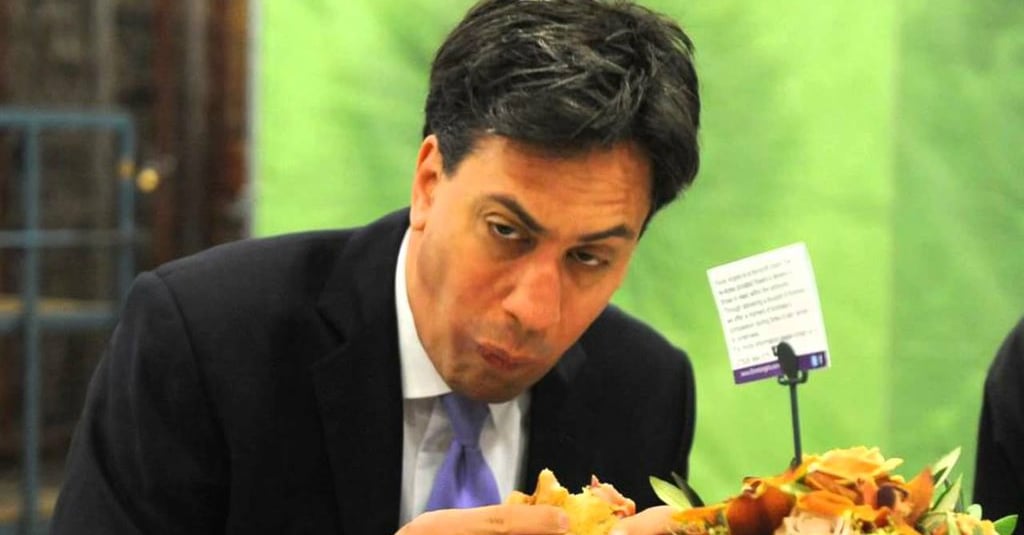COP29: Virtue Signaling in Baku While the Big Polluters Look the Other Way
UK’s green ambitions are irrelevant unless the world’s biggest polluters are on board
Ed Grimshaw
11/16/20243 min read


The pomp and posturing at COP29 in Baku once again highlight a glaring paradox: while the UK’s leaders strut the stage proclaiming themselves pioneers of a green revolution, the world’s biggest polluters—China, the USA, and India—aren’t even in the audience. Sir Keir Starmer’s pledge to turn Britain into a “clean energy superpower” and Ed Miliband’s crusade to “save the planet” may play well for domestic headlines, but how exactly does one become a world-class leader in green energy if no one else is reading the script?
Preaching to an Empty Choir
Starmer and Miliband’s rhetoric would be inspiring if it weren’t so obviously a case of preaching to the converted. Yes, the UK has made admirable strides in cutting emissions and ramping up renewable energy, but these efforts barely make a dent in global emissions, which continue to rise as China, the USA, and India pump out carbon like there’s no tomorrow.
To put it bluntly, the UK’s green ambitions are irrelevant unless the world’s biggest polluters are on board. And yet, neither Starmer nor Miliband seem remotely interested in tackling this central problem. Instead, they deliver evangelical speeches to audiences who already agree with them, while the real power brokers—the major emitters—either roll their eyes or ignore them entirely.
The Evangelistic Crusade: Preaching vs. Persuading
If Starmer and Miliband want to be taken seriously as global leaders in green energy, they’ll need to do more than parade around Baku with lofty promises and self-congratulatory soundbites. They’ll need to convince China, the USA, and India—the trio responsible for over half the planet’s emissions—that their crusade isn’t just moral grandstanding but a practical, economically viable path forward.
This requires diplomacy, pragmatism, and, dare we say it, a little humility. The truth is that these nations have their reasons for resisting the green agenda:
China: Focused on maintaining energy security for 1.4 billion people, it sees coal as a necessary evil.
The USA: Climate action remains a deeply polarizing issue, subject to the whims of electoral cycles.
India: As a developing nation, it prioritizes economic growth and poverty alleviation over emissions cuts.
Starmer and Miliband will need to address these concerns head-on, offering not just rhetoric but practical incentives that align with these nations’ priorities.
From Leading to Leading By Example
The UK’s leadership on green issues might mean something if it were seen as a template for others to follow. But so far, it’s more like a soloist performing in an empty hall. China, the USA, and India aren’t looking to Britain for inspiration—they’re focused on their own domestic concerns.
If Britain’s green efforts are to have any global impact, they must be accompanied by a clear, actionable strategy for persuading the major polluters to join the crusade. This means building international coalitions, offering financial and technological support, and, crucially, making the case that green energy is not just a moral imperative but an economic opportunity.
Saving the Planet vs. Saving Face
Right now, Starmer and Miliband’s approach feels less like global leadership and more like virtue signaling for a domestic audience. Starmer’s pledge to cut UK emissions by 81% by 2035 may sound ambitious, but even if achieved, it would have negligible impact on global warming unless the big polluters follow suit. Meanwhile, Miliband’s Batman-style theatrics only serve to highlight the disconnect between the UK’s lofty ambitions and its limited influence on the global stage.
Can the Crusade Succeed?
For the UK to become a genuine world leader in green energy, Starmer and Miliband need to do more than preach—they need to persuade. That means engaging directly with China, the USA, and India, not as adversaries but as partners. It means acknowledging their economic and political realities, offering practical solutions, and finding common ground.
Most importantly, it means recognizing that the UK’s role in the climate fight is not to save the world single-handedly but to lead by example and bring others along for the ride. Until Starmer and Miliband can convince the big polluters to pick up the script, their green revolution will remain little more than a one-man show in an empty theatre.
